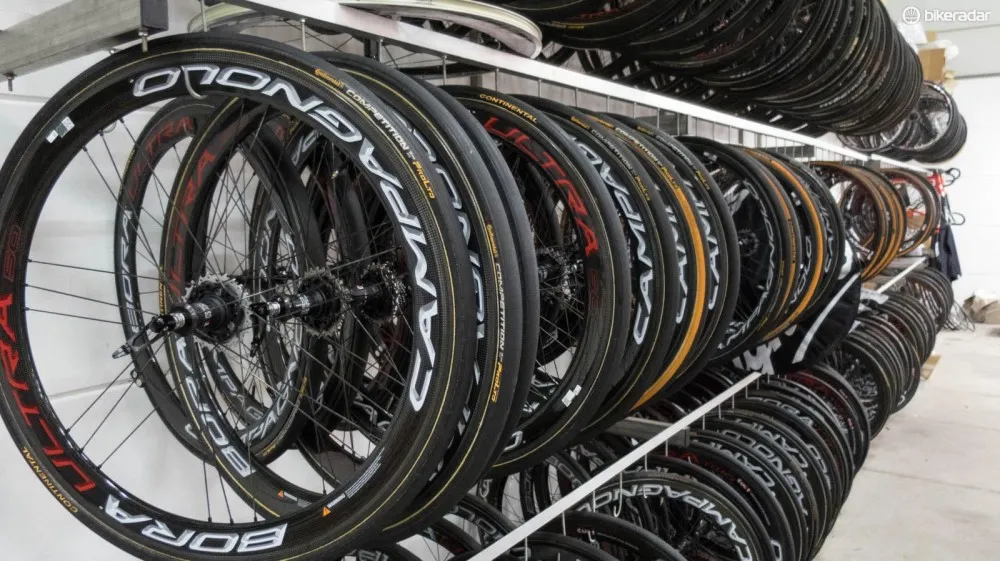Every time a new version of a product is announced, be that an updated groupset or a lighter, more laterally stiff and vertically compliant frameset (!), there are a few responses:
1. A minority will express delight that the collective engineering wisdom of our bike overlords has yet again yielded technological progress. This minority will tag their mate Dave in a comment on Facebook, indicating that perhaps Dave might want to invest in this new trinket or bauble.
Dave will like the comment and move on with his life. Dave has a mortgage and a shed. He once came sixth in a 4th Cat race, and ever since he’s nursed a feeling of quiet superiority, and introduced himself at parties as a bit of a bike guru. We like Dave.
2. Some will express tentative interest in the new product, perhaps enquiring about some finer detail of its specification, perhaps positing that while it’s a little expensive now, they’ll happily embrace its innovation when it's more widely adopted, and a little more affordable.
3. Others meanwhile will gnash their teeth and rend their garments. They’ll lament the march of time and the crushing indifference of Big Bike to their desire for things never to change. Ever.
Let’s take an example: the number of gears on your bike. In 20 or so years, the typical enthusiast’s bicycle has gone from having seven cogs at the back to 11 or 12. At every incremental stage of this progression, cyclists have foamed at the mouth and sworn up and down that a) this is pointless, b) this is a cynical effort on the part of the bike industry to sell more bikes (well, duh) and c) what the hell is wrong with my 7-speed Shimano 105 anyway?!
The thing is, it’s 2015 2020 now, and you can still buy new parts for your 7-speed 105. Okay, road-ratio freewheels aren’t quite as plentiful as they used to be, but unless you’ve committed to technology truly ridiculous and obscure (like Shimano Airlines or Mavic Mektronic), the knowledge and wherewithal to maintain your equipment aren't ever far beyond reach.

If you don’t fancy interrogating your local bike shop’s crustiest mechanic, any information you need is available online, as is virtually every tool ever made.
Better yet, the trickle-down of component features means that if you've stuck with something older, parts are probably cheaper now than ever before. Have you checked the price of 10-speed chains lately? They’re practically free.
This isn’t to say that new standards can’t be irritating, but a manufacturer bringing new products to market doesn’t somehow invalidate the ones you already own.
Your 29er hasn’t ceased to be a fun and capable bike because a cycling journalist said 27.5+ is the future, and a move to thru-axles on road bikes doesn’t mean you need to bin your collection of quick-release wheels.

Progress in the bike industry can seem at times misguided and like anything it can be a case of two steps forward, one step back. Shimano didn’t nail hidden cables first time round for example; Dura-Ace 7900 and its brethren lost some of the crispness of their forebears, but with their 11-speed groupsets the company righted the wrong, making components that shifted better than anything that had come before.
Initially, you had to splurge on Dura-Ace 9000 to benefit from the new tech, but now you can go online and buy a complete 105 groupset for £400 / $500 that’s very nearly as good, just less shiny and a little heavier.
If you’re pissed off that bikes have 11 or 12 cogs at the back, you might be on the wrong website. Progress is good, and directly or indirectly, new products benefit most of us. Apart from press-fit bottom brackets that is. They suck.
